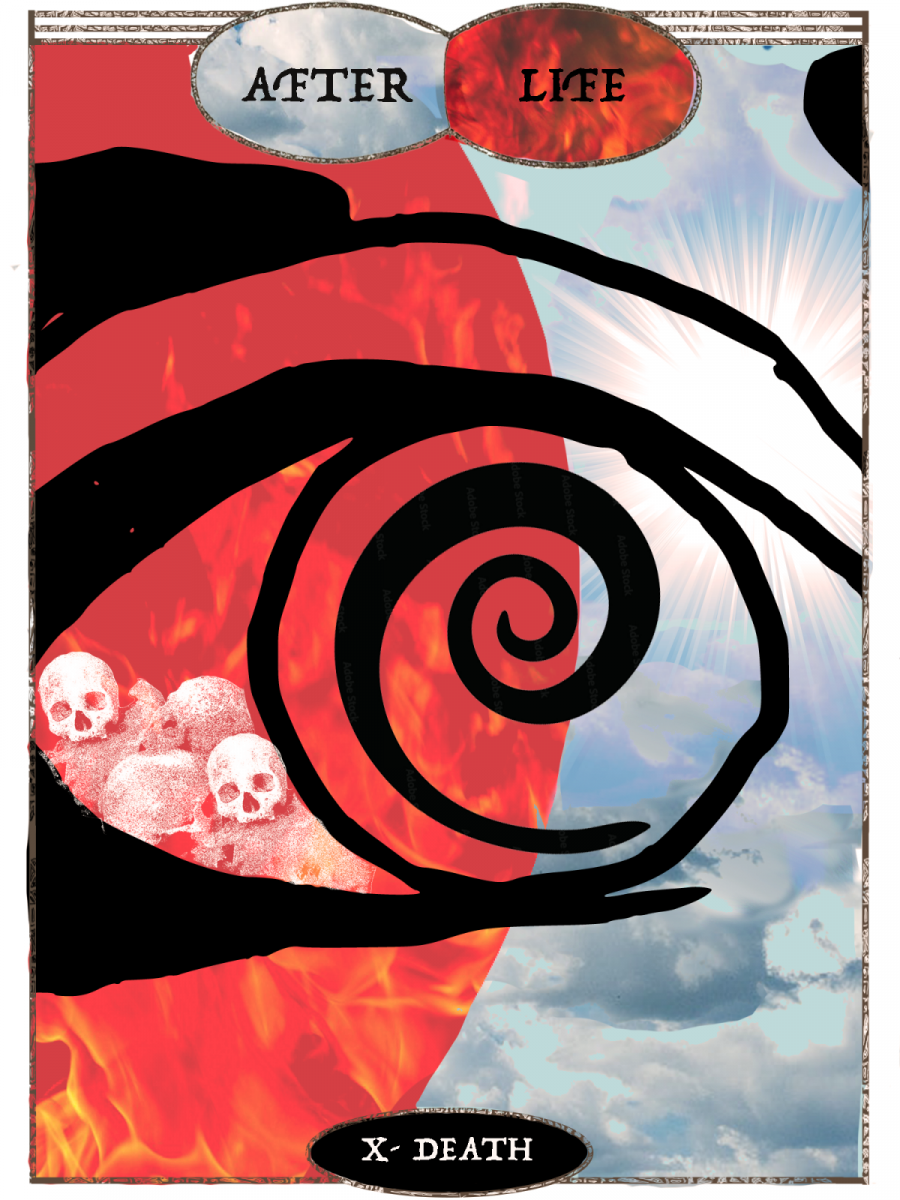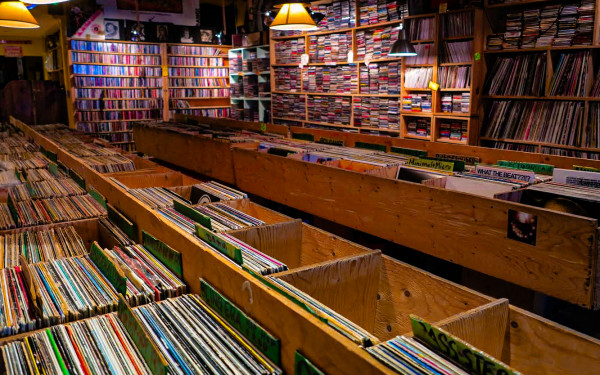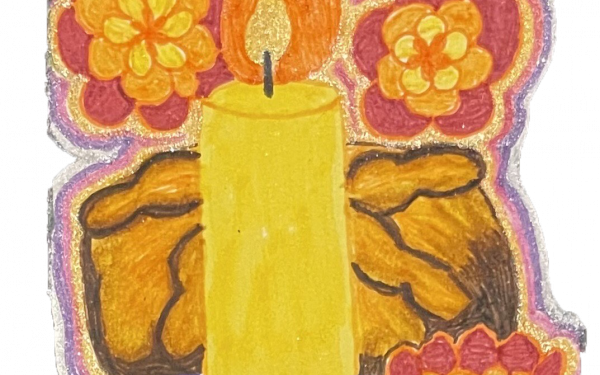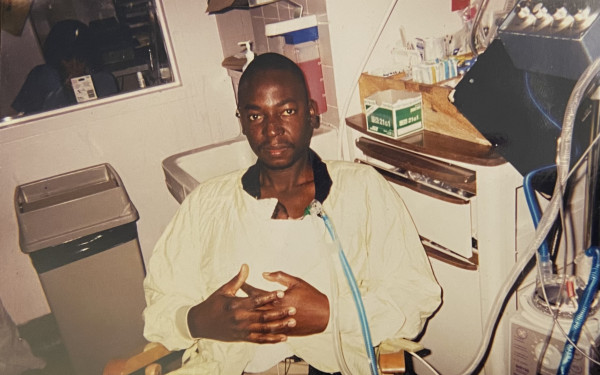Faiths and Fears: How Religion Shapes My View of Death
Life is a moral journey; death’s uncertainty scares me
I remember the first day my parents had “the death talk” with me. I was about nine years old, sitting in the living room and firing off a series of "why" questions. Inevitably, the conversation veered into the uncharted territory of death and what follows.
What scared me more than dying itself was the concept of an eternal afterlife. I remember feeling a sense of impending doom, a tingling sensation at what "forever" could mean.
As someone who enjoys planning and trying to have some control over outcomes, the idea of not knowing what lies beyond this existence is a source of stress. It's the realisation that there is a power greater than us—beyond our control—that can be daunting. It may sound pretentious, but when all we know is our own reality, it can feel as though we are untouchable, almost immortal.
My North African heritage has profoundly shaped my outlook, instilling in me cultural and spiritual values deeply rooted in the traditions of Islam. It is through my parents' teachings that I have learned and applied these cultural and spiritual influences—influences that prioritise the significance of life as a journey filled with trials and tribulations, which will ultimately lead to a determined afterlife.
This perspective instils a profound sense of purpose and mindfulness in my daily actions and intentions; however it also creates a certain level of stress and responsibility. It emphasises the need to lead a life that is morally upright since our actions and intentions are weighed in terms of good and bad deeds. The values I've been raised with encourage reflection on the greater meaning of existence and a sense of responsibility towards others.
These teachings have helped me view death as a natural part of the human experience, while also adding a layer of significance to the way I approach each day.
My parents told me that when you die, your soul and body separate. Your body returns to its creator and your soul faces a period of questioning. The outcome of this questioning determines your experience in the grave until doomsday. More good deeds bring peace and comfort, while more bad deeds result in ongoing suffering for the foreseeable future.
This concept brought every mistake into sharp focus, making me feel as though eternal suffering loomed over me. It heightened the idea that if I didn't meet the expectations set for me, torment awaited me until God deemed otherwise.
As I grew older, I began to question these beliefs. While I'd like to think I've largely moved beyond them, that religious guilt still lingers within.
In a world filled with the uncontrollable, the unexplained and the inexplicable, death stands as the ultimate mystery. It's a fear that permeates the core of my being, shaping the way I live and experience life. But perhaps it is through facing and embracing this fear that I can uncover the true meaning of my existence. It might just be the key to unlocking a deeper appreciation for what we have and to appreciate the beauty and fragility of life itself.
This article originally appeared in Volume 44, Issue 5, published October 31, 2023.






_600_375_90_s_c1.jpeg)